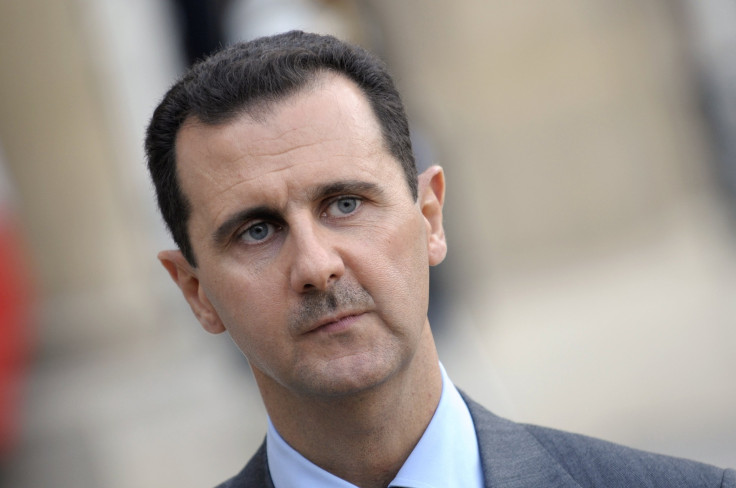Russia Boosts Military Aid To Syria To Prevent 'Collapse' Of Assad Regime

Russia is stepping up its military support of the Syrian government to prevent the "imminent" collapse of the regime of President Bashar Assad, the European Union's foreign-policy chief told Al Jazeera. Federica Mogherini, the EU's high representative for foreign affairs and security policy, said Russia's Foreign Minister Sergei Lavrov told her about the move.
"His fear is of a complete collapse of the state structures in Syria," Mogherini said. "This could be one of the reasons Russia is talking in this way, but it could also be willingness to show that Russia is an important, substantial player."
In recent weeks, Russia has deployed troops, fighter jets and bomber planes to Syria. Russian President Vladimir Putin's administration is also providing Syria's military with weapons and equipment.
Talks With Iran
Mogherini met with Iranian Foreign Affairs Minister Mohammad Javad Zarif on the sidelines of the U.N. General Assembly meeting in New York Saturday to discuss means of resolving the Syrian conflict, which has claimed more than 240,000 lives and sparked the worst refugee crisis in Europe since World War II.
Iran and Russia are Assad's key international backers. However, the Syrian state -- a pariah in the West -- has not been included in diplomatic efforts to resolve the conflict. "They expressed their readiness to cooperate within U.N.-led efforts and exchanged views on how to contribute to that end," the EU said in a statement about the meeting between Mogherini and Zarif.
U.S. President Barack Obama will meet with Putin for talks in New York Monday. It will be the first time the two have met personally since the crisis in Ukraine flared last year. They may be able to agree on a common framework for a resolution to the Syrian conflict ahead of talks between the five members of the U.N. Security Council and Secretary-General Ban Ki-moon Tuesday.
The U.S. has insisted Assad's departure is integral to any resolution of the Syrian conflict. In recent weeks, however, there has been a shift in the West's stance, with U.K. Foreign Secretary Philip Hammond saying Assad could remain in power in the context of a transitional government.





















